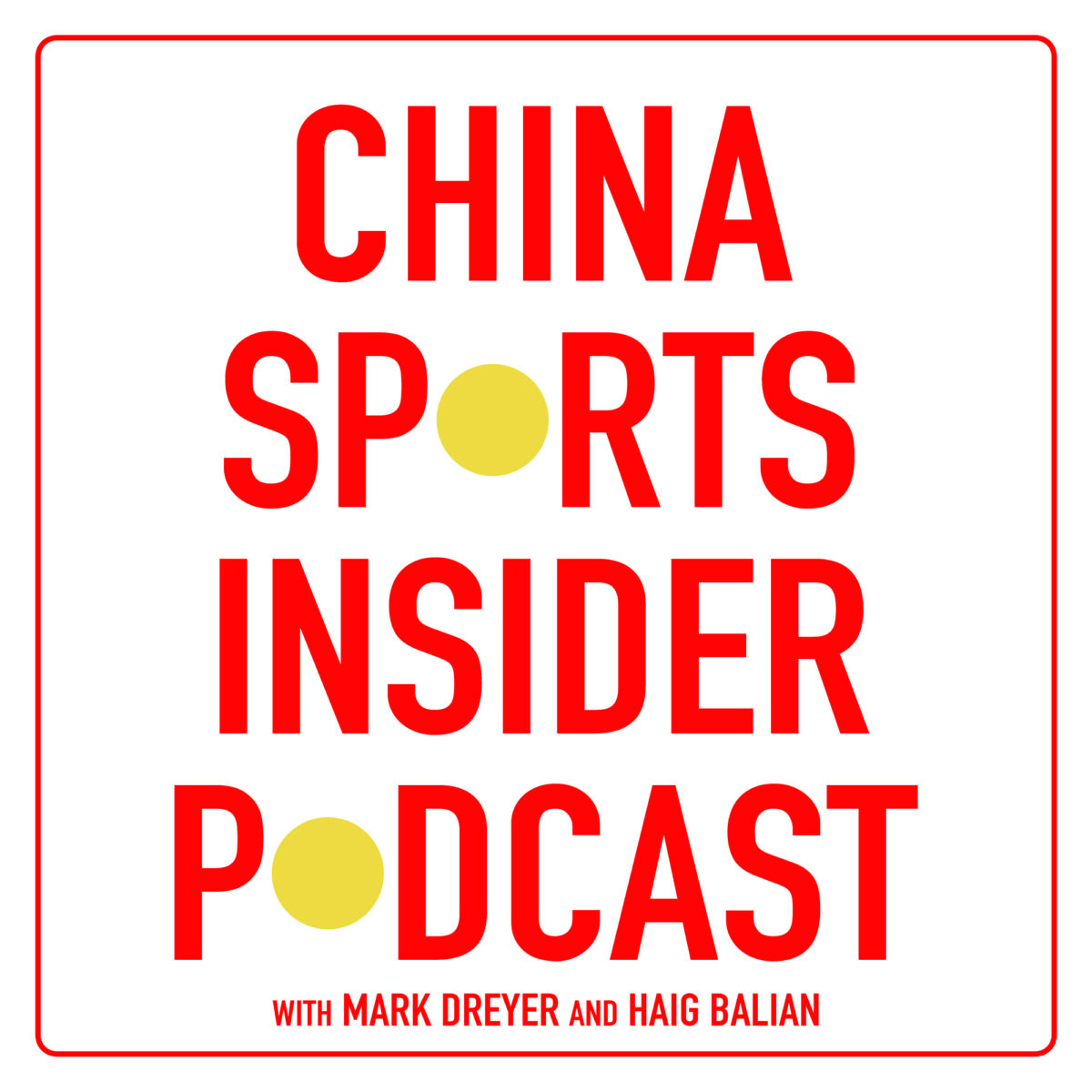In a round-up of the week’s news, F1’s Chinese rookie Zhou Guanyu narrowly missed out on the points — again — while there was a naming clarification from his team (3:03). The Chinese women’s ice hockey team has been lighting it up at the World Championships in Poland (4:48), with former Kunlun standout Melanie Jue — who features prominently in Mark’s book “Sporting Superpower” — back in the fold as an assistant coach (6:01). Meanwhile, Eileen Gu is still hanging out in Beijing, and posed with fans at Home Plate BBQ in Sanlitun this week (7:00).
Our guest this week is Chinese Olympic ice hockey player Rudi Ying, who first connected with Mark after he wrote this piece last year on the dismal state of the men’s team (8:45). Ying explains why he’s not headed to the men’s World Championships later this month (10:16), which will offer him some time off for the first time in a long, long while (11:31). Recalling the lead-up to the Olympics, Ying describes the general uncertainty in the camp and how everything felt like a “last-minute emergency situation” — despite the five-year planning period (13:16).
Joining the KHL wasn’t necessarily a good step for Chinese hockey (14:51), says Ying, who first hooked up with Kunlun Red Star (KRS) in 2016 after playing junior hockey in Canada (15:54). Playing 3-4 minutes a night as a teenager in the KHL was not ideal for his development, he says, and he admitted to feeling “terrified” every time he stepped on the ice (17:14).
Years later as the Olympics approached, rifts formed at KRS between native Chinese players and the “heritage players” — North American players of Chinese descent — with unequal treatment for the two groups (19:43). Ying himself had something of an identity crisis, stuck somewhere between the two sides (21:27). Dealing with mandates from Chinese hockey authorities was like “Halloween night and the national team wore a KHL costume” (23:31). One particular low point was learning that a two-month camp in spring 2020 was going to last indefinitely, something which took a mental toll (24:20). The choice for players was to stay in camp — or leave and give up their Olympic dream. Two of the three captains chose to leave (26:21).
Now 23, Ying says he’s considering his options — one of which might be leaving the game altogether (27:52). Mark and Haig look for positives, but Ying is pessimistic about Chinese hockey. Things, he says, are not going in the right direction (31:20). He recalls his emotions when news originally broke that NHL players would be going to the Olympics — with Canada and the U.S. drawn in China’s group (33:40). He also speaks openly about how committed the heritage players were — or not — to the Chinese program (35:08). In contrast to certain others, Ying says goalie Jeremy Smith earned the respect of all the Chinese players (40:54), before describing his own highlight at the Olympics (41:55).
Finally, he explains what needs to be done to improve the hockey system in China (43:00), discusses how to improve the pipeline of players (44:18), recalls growing up with Song Andong, who became the first China-born player to be drafted in the NHL (45:42), and reveals his future ambitions to be a film director — inspired, in part, by his father, who’s famous for bringing sitcoms to China (47:43).







